Thanks! This is helpful.
Yeah that's what I thought too. Meat surely has more uric acid.
Hmm, I forgot the UK doesn't arm their rank-and-file police. As it happens, that's one of the major transitional demands of the abolitionist movement. That's not enough, however. Even from my vantage point fro the global south, I can see how the law is used unevenly in the UK, repressing the progressive forces but giving right wing forces a pass.
Come on, Instead of Prisons is like 500 pages long. Just admit you don't have the patience to read.
Abolition is complex. Simple plans are for fascists who can attract any simpleton with sophistry. The violence of policing and incarceration are both very simple plans for the causes of harm. We address criminalization by abolishing the police and prisons. We address future harms through addressing their root causes. We address present harms through harm reduction. We address harms already done through restorative and transformative justice. None of this is simple, clear, or obvious. The work of abolition is always harder than the status quo.
I challenge you then to think, why is it that these functions (your numbers 1 and 2) are solely the purview of a special body of armed men? Right now people at the margins deal with harm in a healthy, restorative, and transformative way, and they have been doing this because they are Black, Indigenous, Queer, feminized, criminalized, or whatever other context that prevents them from turning to the police. So because of this, they had to develop ways of dealing with harm without invoking a special body of armed men.
As for your functions 3 to 5, why do you need to detain these people? Will detaining them help them resolve the issues that make them violent or "disruptive"? Will it help them with their mental issues? To transform their energies from violence? It's ridiculous to even suggest a prison would. Reformed ex-prisoners are reformed in spite of, not because of, prisons. No society before ours chain millions of people into cages like we do today. You can try out reading Instead of Prisons.
As for who finds missing people, who investigates the mysteries, maybe detectives can continue to exist, not as special bodies of armed men, but as servants of society like a social worker. Maybe they can be adventurers or something like some kind of scooby doo gang. Maybe maybe maybe, all this talk is pointless for us now. Seeds in this society can grow to alternative possibilities tomorrow. What matters is that the non-violent functions that policing has usurped from society can return to communities who can then decide on how these functions can and ought be carried out.
This is a bit of an abolition 101 question. I'd invite you to start a new thread to get other people to chime in.
In your specific question, serial killers are a historically contingent phenomenon specific to our current society dominated by alienation. They do not necessarily exist in other places in time or other social contexts outside capitalist/consumer society. Murder, however, is a bit clear-cut trans-historical phenomenon. We can find it across cultures and across history. The vast majority of murders see personal relationships between murderers and victims. Serial killings where the victim does not know the murderer are rare. Why do people murder? Bad relationships perhaps. The key then is to build a society where these social causes of murder no longer occur. Many societies across history had a plethora of ways to achieve this. If murder does happen, then there are still ways to go through restorative and transformative justice to see that the harms are addressed. Check out the many abolitionist resources for more.
For non-crime tasks, then obviously you don't need police to find missing people. The police are historically contingent on creating and reproducing criminalization. What does that have to do with working with people to help them or find missing persons? Cops don't need to do that. EDIT: Police have usurped various functions of society into its apparatus. A society that has abolished policing can restore these usurped functions to communities.
Kelley says the things I mentioned at the Socialism 2023 Conference.
Lenin says a lot of things in S&R that can be contradictory, but on this specific matter about proletarian power during the dictatorship of the proletariat, he is correct. The proletariat needs a force to enforce their class rule. This cannot be confused with police or prisons. The armed force is the whole proletariat armed, whose political power flows not from the barrel of guns but from their ability to subvert and overturn their proletarianization. The problem with Lenin is that, whatever the reasons, he precisely ignored his own theory and set up his own police and prisons.
A final point, I disagree with Five over here on that police and prisons aren't specific to capitalism. Lenin's system was capitalist, he admitted so himself. The later USSR was capitalist too. There's a lot of different ways to define capitalism, but my favorite way is to define it with the historical contingency of the proletariat. Proletarian existed and their conditions did not tend towards the abolition of their class, therefore the system is capitalist.
Sure, precapitalist systems had their dungeons and their armies that enforced carceral power, heck the Romans obviously had a word for it, but these systems are vastly different from the historically contingent form carcerality takes today. I would place these systems as seeds of police and prisons, but not as how we understand these concepts today. It is also telling these carceral seeds co-emerged with capitalist seeds.
And you're just an idiot with no reading comprehension, a running dog who'd cheer for any and all genocide their master calls you to cheer. Go on cheer a genocide elsewhere you creep.
The same administration is fueling a genocide in Gaza and is forcing my country into a war we don't want. Biden was never the problem itself. The problem was always the system itself, imperialism itself, government itself.
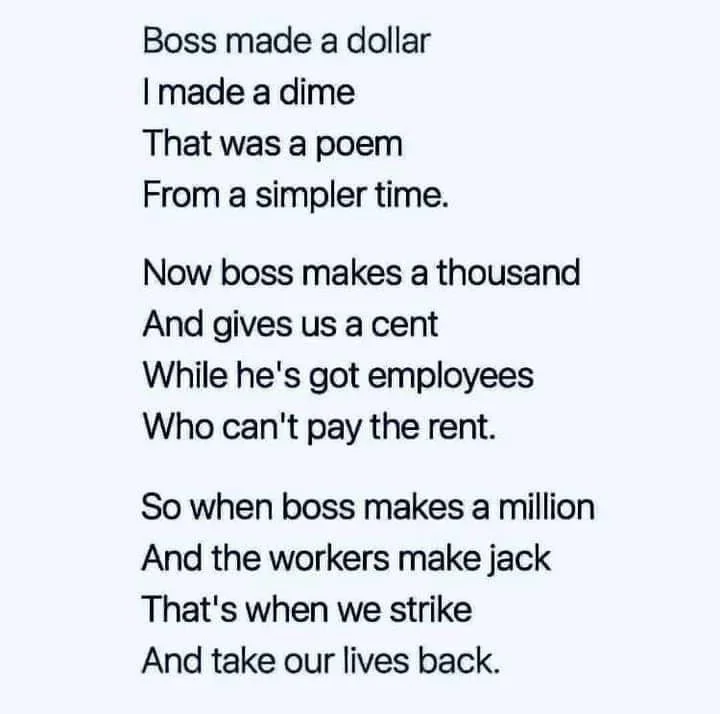
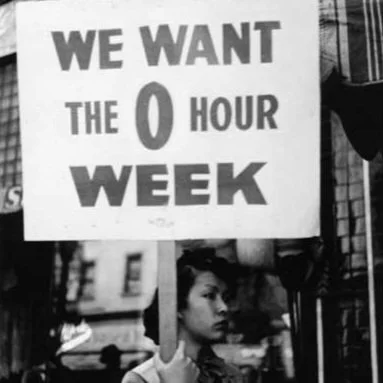
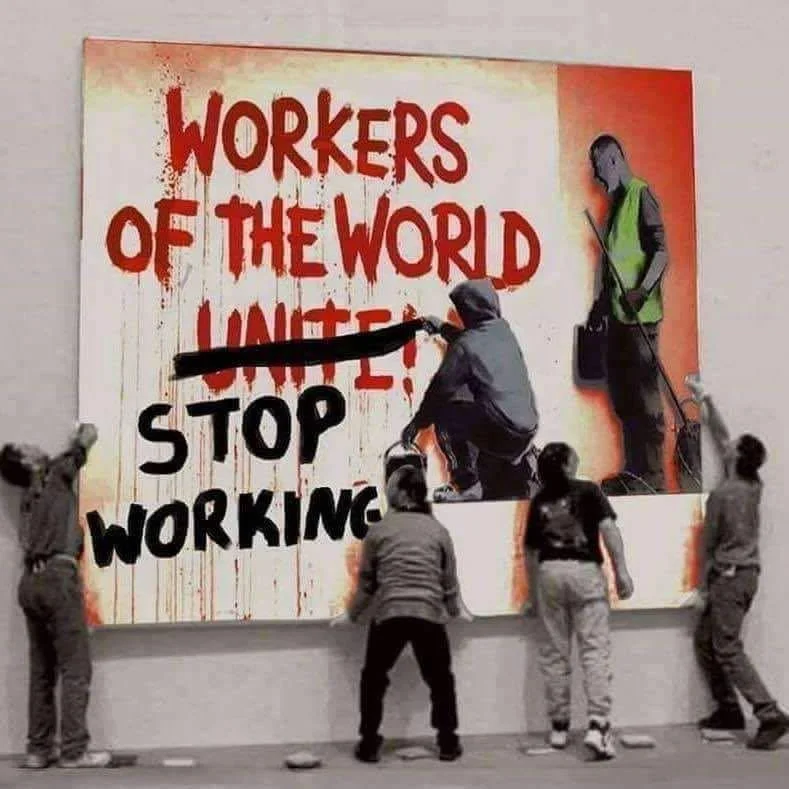
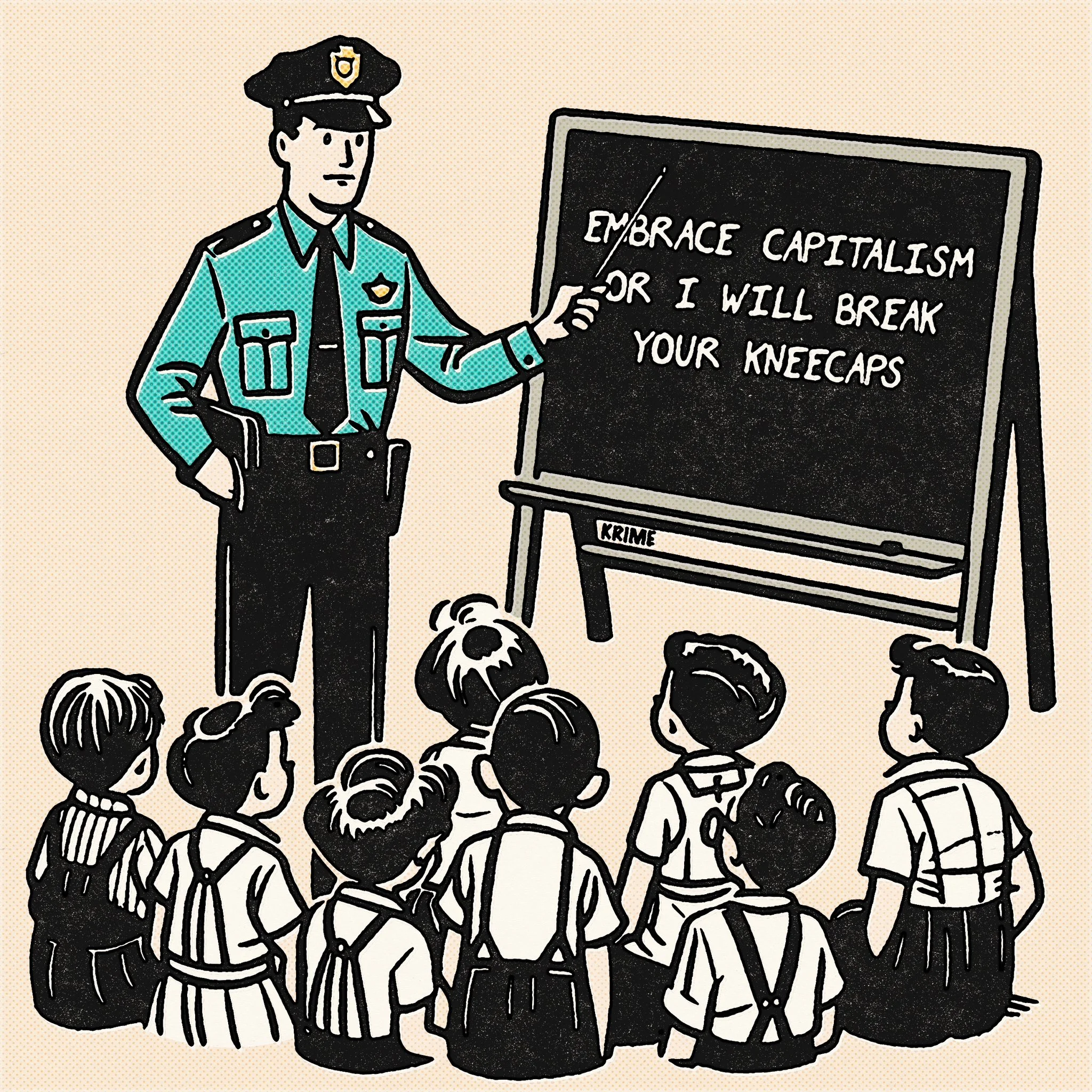
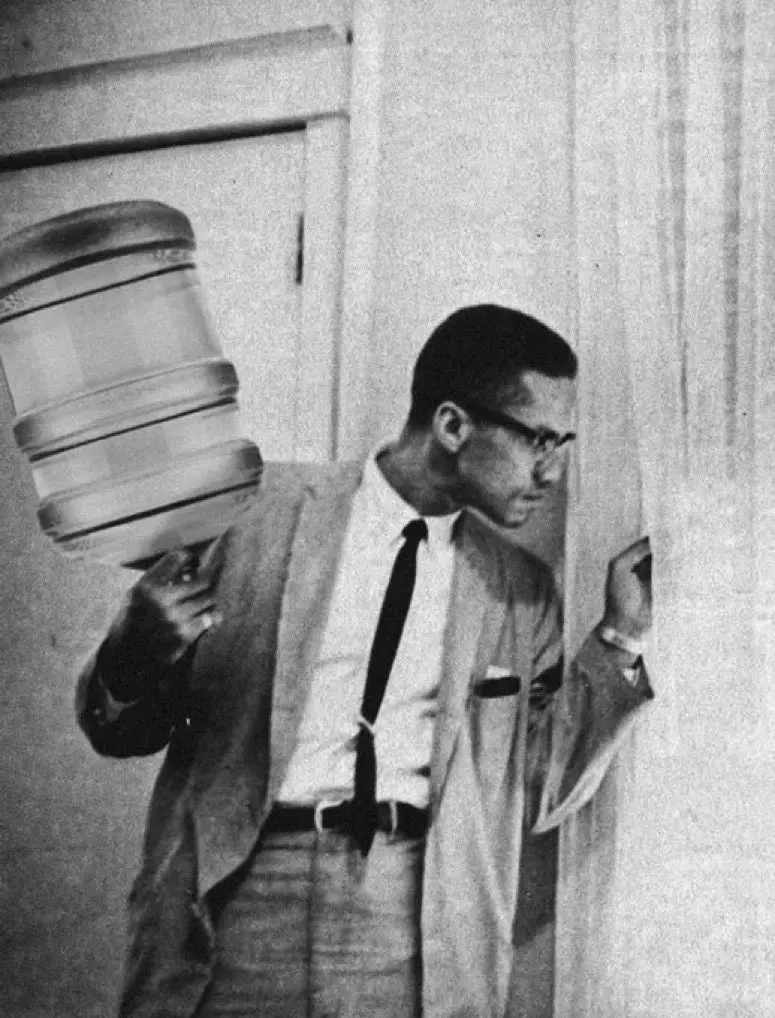
Thanks for this!